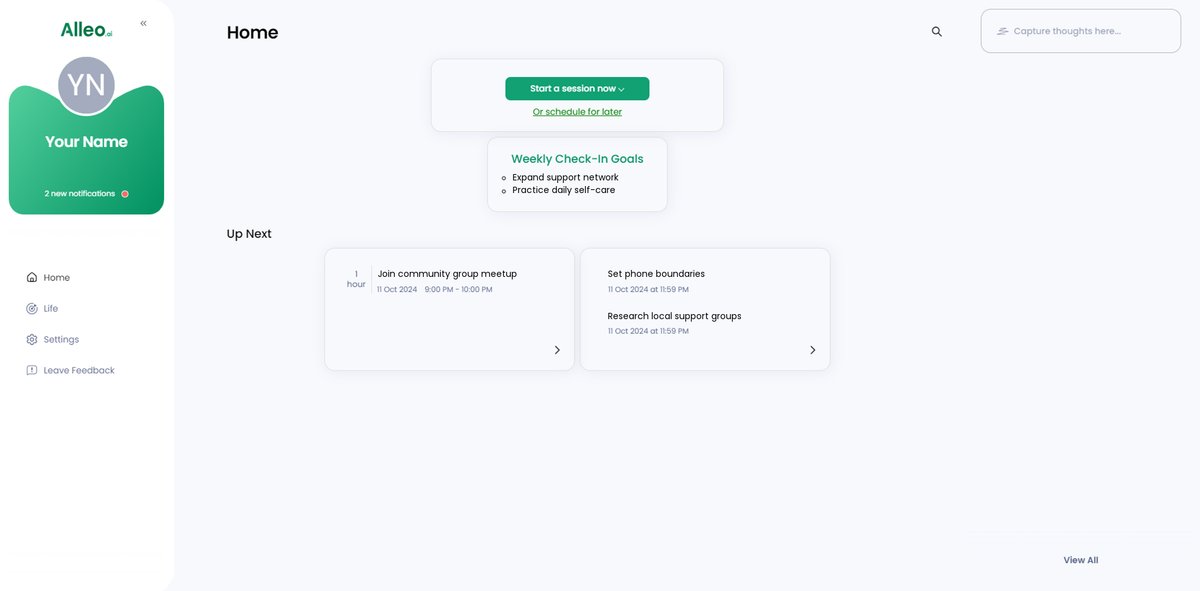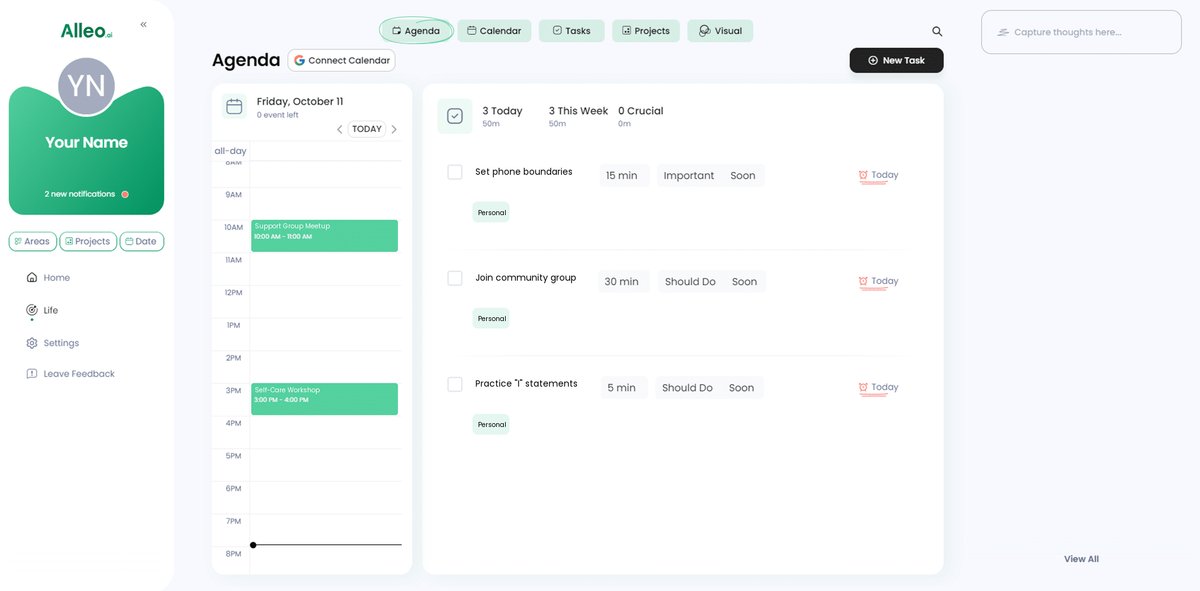How to Build Support Systems Without Overburdening Friends: 6 Practical Steps
Are you feeling overwhelmed by the emotional demands of your relationships? You’re not alone in the challenge of building balanced support networks.
Many women in relationships struggle with the balance between needing support and feeling like they are overburdening their friends and partners. This delicate equilibrium is crucial for maintaining healthy boundaries and emotional resilience.
As a life coach, I’ve helped many navigate these challenges in building balanced support networks. I’ve seen firsthand the confusion between seeking support and emotional labor, and the importance of developing effective coping mechanisms.
In this article, we’ll explore strategies to build support networks without overburdening those you care about. You’ll discover how to diversify your support network, set boundaries, and explore various mental health resources and professional help options. We’ll also touch on work-life balance and the role of community groups and online support forums.
Let’s dive in to the world of building balanced support networks and self-care strategies.

Understanding the Emotional Toll
Navigating the fine line between seeking support and imposing emotional labor can be challenging when building balanced support networks. This confusion often leads to feelings of guilt, anxiety, and isolation, making it difficult to maintain healthy relationships and emotional resilience.
In my experience, many clients initially struggle with these emotions. They often feel trapped, unsure how to ask for help without feeling like a burden, which can impact their work-life balance and overall mental health.
This emotional toll can be overwhelming. You might find yourself withdrawing to avoid imposing on others, which only increases feelings of loneliness. Developing effective coping mechanisms is crucial for maintaining healthy boundaries in support networks.
Understanding the root of this problem is the first step toward finding a solution. Let’s explore how we can address these challenges together, including self-care strategies and potential professional help options.

Roadmap to Building Support Systems Without Overburdening Friends
Overcoming this challenge requires a few key steps. Here are the main areas to focus on to make progress in building balanced support networks:
- Diversify your support network: Expand your circle by joining new community groups and activities.
- Practice reciprocity in relationships: Regularly check in with friends to offer and receive support, enhancing emotional resilience.
- Set clear boundaries for emotional exchanges: Communicate your limits kindly and use coping mechanisms to manage interactions.
- Explore professional or community support groups: Join support groups or seek professional help options tailored to your mental health resources needs.
- Develop self-care routines for emotional regulation: Incorporate daily self-care strategies like meditation or exercise to improve work-life balance.
- Learn to communicate needs without over-reliance: Use ‘I’ statements and seek feedback to express needs effectively, fostering healthy boundaries in your support networks.
Let’s dive in!
1: Diversify your support network
Expanding your circle is essential to avoid overburdening a few close friends or partners when building balanced support networks.
Actionable Steps:
- Join a local or online community group focused on your interests.
- Attend at least one meetup or virtual event per month to enhance your support networks.
- Engage in activities where you can meet new people, like volunteering or taking a class.
- Commit to volunteering for two hours a week or enrolling in a monthly workshop to build emotional resilience.
Explanation:
Diversifying your support network helps distribute emotional demands more evenly, reducing strain on any one person. This approach also introduces you to new perspectives and mental health resources.
For example, you can join a local community group focused on self-care strategies, as suggested by the Eastern Connecticut State University. This can enhance your overall well-being and support system.
By expanding your network, you can create a more balanced and supportive environment for yourself, improving work-life balance and developing healthy coping mechanisms.

2: Practice reciprocity in relationships
Practicing reciprocity in relationships ensures a balanced emotional exchange, reducing the feeling of overburdening others. This is a key aspect of building balanced support networks.
Actionable Steps:
- Schedule regular check-ins with friends to offer support, enhancing your support networks.
- Set a reminder to reach out to a different friend each week, fostering emotional resilience.
- Create a ‘support swap’ agreement with a close friend, establishing healthy boundaries.
- Agree on designated times to be there for each other, ensuring balance and mutual support.
Explanation:
Practicing reciprocity helps maintain healthy relationships by ensuring that support is mutual. This approach can enhance emotional well-being and reduce feelings of guilt, contributing to effective self-care strategies.
According to the CDC, social connection is linked to significant health benefits, highlighting the importance of mutual support in relationships. By regularly offering and receiving support, you create a balanced and supportive environment for yourself and others, strengthening your support networks.
Benefits of practicing reciprocity in relationships include:
- Strengthened bonds and trust
- Reduced feelings of guilt or burden
- Increased emotional resilience and improved work-life balance

3: Set clear boundaries for emotional exchanges
Setting clear boundaries for emotional exchanges is crucial to maintain healthy relationships and avoid feeling overwhelmed when building balanced support networks.
Actionable Steps:
- Communicate your boundaries clearly and kindly.
- Have a conversation with at least one person this week about your emotional boundaries and support network needs.
- Use technology to manage emotional exchanges and maintain work-life balance.
- Set up ‘Do Not Disturb’ hours on your phone to create space for yourself and practice self-care strategies.
Explanation:
Establishing boundaries helps prevent emotional exhaustion and maintains balance in relationships, contributing to emotional resilience.
Clear communication ensures that others respect your limits within your support networks.
According to the Eastern Connecticut State University, setting boundaries can help avoid toxic conversations and create a positive environment, which is essential for building balanced support networks.
By using these strategies, you can foster healthier, more supportive relationships and develop effective coping mechanisms.
Next, we’ll explore how to seek professional help options or community support without over-reliance.

4: Explore professional or community support groups
Seeking professional or community support groups is vital for building balanced support networks and emotional well-being.
Actionable Steps:
- Research and join a support network tailored to your needs.
- Attend at least one community group meeting per month.
- Consider professional help options like therapy or coaching.
- Schedule an initial consultation with a therapist or coach to explore coping mechanisms.
Explanation:
Professional and community support can provide specialized guidance and understanding that friends may not offer, enhancing your emotional resilience.
According to a PubMed study, non-clinical services improve functional outcomes for young adults with mental disorders.
By exploring these mental health resources, you can receive the support you need without overburdening your personal relationships, contributing to a better work-life balance.
Next, we’ll look into developing self-care strategies for emotional regulation.

5: Develop self-care routines for emotional regulation
Developing self-care routines is crucial for maintaining emotional balance and reducing dependency on others when building balanced support networks.
Actionable Steps:
- Integrate daily self-care practices such as meditation or exercise as coping mechanisms.
- Dedicate 15 minutes each day to a self-care activity to enhance emotional resilience.
- Create a self-care checklist to track your progress in support network building.
- Check off at least three self-care activities each week to improve work-life balance.
Explanation:
Regular self-care practices help regulate emotions and reduce stress, making you less reliant on others for support when building balanced support networks.
According to LinkedIn, incorporating self-care into your routine can enhance your overall well-being and strengthen your support networks.
By consistently engaging in self-care strategies, you build resilience and maintain emotional stability within your support networks.
Key elements of an effective self-care routine for building balanced support networks:
- Consistent daily practices utilizing mental health resources
- Activities that bring joy and relaxation, such as participating in community groups
- Regular check-ins with yourself and online support forums
Next, let’s explore how to communicate needs without over-reliance when building balanced support networks.

6: Learn to communicate needs without over-reliance
Learning to communicate your needs without over-relying on others is crucial for building balanced support networks and maintaining healthy boundaries.
Actionable Steps:
- Use “I” statements to express your needs clearly, enhancing emotional resilience.
- Practice using “I feel” or “I need” in at least one conversation each day to improve work-life balance.
- Seek feedback from trusted friends on how you communicate within your support networks.
- Ask for feedback from at least two friends this month on your communication style and coping mechanisms.
Explanation:
These steps help you convey your needs effectively without placing undue burden on others. Clear communication fosters understanding and support in relationships, which is essential for building balanced support networks.
According to the Eastern Connecticut State University, setting boundaries and communicating needs can create a more positive environment.
Effective communication strategies for maintaining support networks:
- Active listening
- Expressing emotions without blame
- Asking for specific support
By implementing these strategies, you can build healthier, more supportive relationships and enhance your self-care strategies.

Partner with Alleo to Build Your Support Network
We’ve explored how to build balanced support networks without overburdening friends. But did you know you can work directly with Alleo to make this journey of building support networks easier and faster?
Setting up an account with Alleo is simple. Start with our free 14-day trial, no credit card required. It’s an excellent opportunity to explore self-care strategies and mental health resources.
Create a personalized plan tailored to your needs for building balanced support networks. Alleo’s AI coach provides full coaching sessions, just like a human coach, helping you develop coping mechanisms and emotional resilience.
You’ll receive text and push notifications to keep you accountable in maintaining healthy boundaries and work-life balance. Alleo follows up on your progress and handles any changes, acting as one of your professional help options.
Ready to get started for free and explore community groups and online support forums? Let me show you how!
Step 1: Logging In or Creating Your Account
To begin your journey towards balanced support, log in to your existing Alleo account or create a new one to access personalized AI coaching tailored to your needs.

Step 2: Choose Your Focus Area
Click on “Improving overall well-being and life satisfaction” to start addressing your relationship challenges and building a balanced support system. This goal aligns with your need to enhance emotional well-being without overburdening others, setting you on the path to healthier, more fulfilling relationships.

Step 3: Select “Personal” as Your Focus Area
Choose the “Personal” life area to address your challenge of building support systems without overburdening friends. This focus allows you to work on self-care, boundary-setting, and communication skills, which are crucial for maintaining balanced relationships and emotional well-being.

Step 4: Starting a coaching session
Begin your journey with Alleo by scheduling an intake session, where you’ll discuss your goals for building a balanced support network and create a personalized plan to guide your future coaching sessions.

Step 5: Viewing and Managing Goals After the Session
After your coaching session, check the app’s home page to view and manage the goals you discussed, helping you stay on track with building balanced support systems without overburdening your friends.

Step 6: Adding events to your calendar or app
Use the Alleo app’s calendar and task features to schedule and track your progress on building support systems, such as setting reminders for regular check-ins with friends or scheduling self-care activities, helping you stay accountable and manage your emotional well-being more effectively.

Taking the Next Step Towards Balanced Support
Building balanced support networks without overburdening friends is vital for healthy relationships. Diversify your network, practice reciprocity, and set healthy boundaries to maintain work-life balance.
Seek professional help options or community groups for support and develop self-care strategies. Communicate your needs clearly and without over-reliance to foster emotional resilience.
You can achieve this balance in your support networks. I understand it can be challenging, but you’re not alone. Online support forums can provide additional resources.
Start implementing these steps today to build balanced support networks. Alleo is here to guide you every step of the way, offering mental health resources and coping mechanisms.
Try our free 14-day trial and see how Alleo can help you maintain balanced, supportive relationships. Let’s make this journey easier together by exploring various support network options.